News
CBUAE Issues New AML/CTF Guidelines for the Insurance Sector
The Central Bank of the UAE (CBUAE) has announced new Anti Money Laundering and Countering Terror...
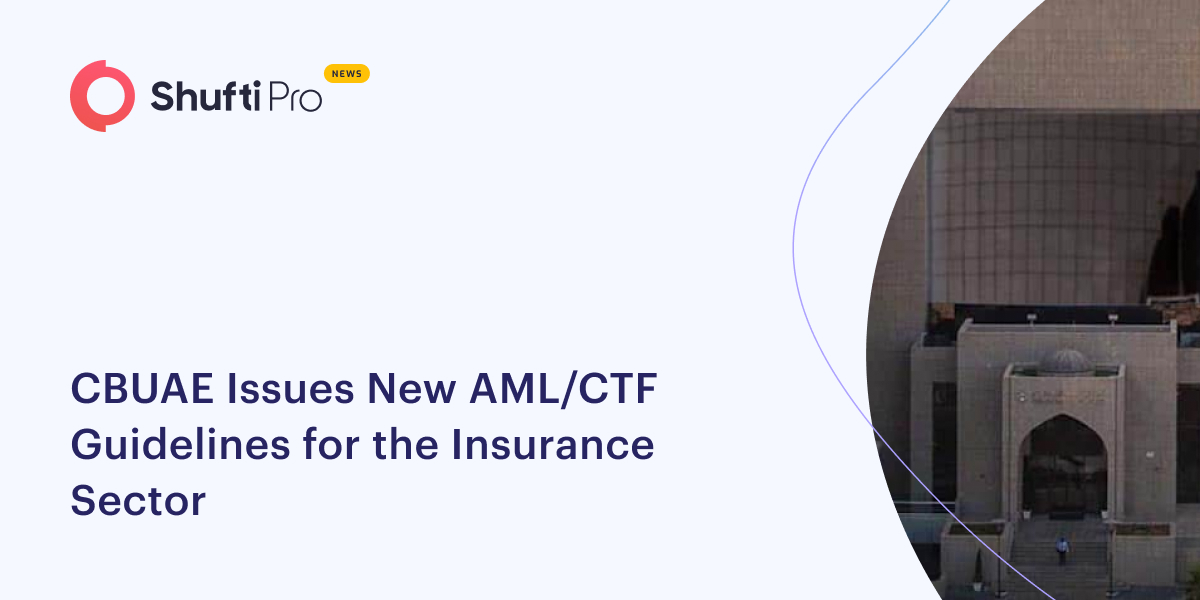 Explore More
Explore More
News
FATF Highlights the Increasing Risk of Trade-Based Money Laundering
FATF- Financial Action Task Force is warning businesses of the risk they face regarding trade-bas...
 Explore More
Explore More
News
FinCEN Says Russia Cannot Evade Sanctions with Crypto
Global lawmakers are taking a closer look at digital assets and how they can or cannot be used to...
 Explore More
Explore More
News
UAE Making ‘Strong Progress’ in Efforts to Prevent Financial Crimes
The Minister of Foreign Affairs said that the UAE is making “strong progress” to prevent illicit ...
 Explore More
Explore More
News
Real Estate Money Laundering Rises, KCB Dragged to Court for AML Breach
Real Estate development and construction company Tirupati Development Limited has dragged KCB Ban...
 Explore More
Explore More
News
EFCC Enforces Real Estate Agents to Comply with Anti-Money Laundering (AML) Regulations
The Economic and Financial Crimes Commission (EFCC) urges real estate agents to strengthen their ...
 Explore More
Explore More
News
CBN Adds Cameroon, Croatia, Korea, and Vietnam to Money Laundering Watchlist
A circular issued to Deposit Money Banks (DMBs) states the Central Bank of Nigeria has added Came...
 Explore More
Explore More
News
Bank of Queensland Commits to Anti Money Laundering Laws and Risk Management
Bank of Queensland Ltd (BOQ.AX) disclosed that separate agreements had been reached with the coun...
 Explore More
Explore More
News
£23.8 Million Fined to MT Global for AML Non-Compliance
A Money Service Business (MSB) firm, MT Global, penalized by HM Revenue and Customs for breaching...
 Explore More
Explore More
News
Amazon Challenges Pentagon’s $10 Billion Contract To Microsoft
Amazon said on Thursday, that it is going to challenge a $10 billion contract awarded to Microsof...
 Explore More
Explore More
News
Increasing Financial Crimes Call to Establish a European Center of Excellence For AML Compliance
EU financial and anti-financial crime regulations are more complicated than before and they reinf...
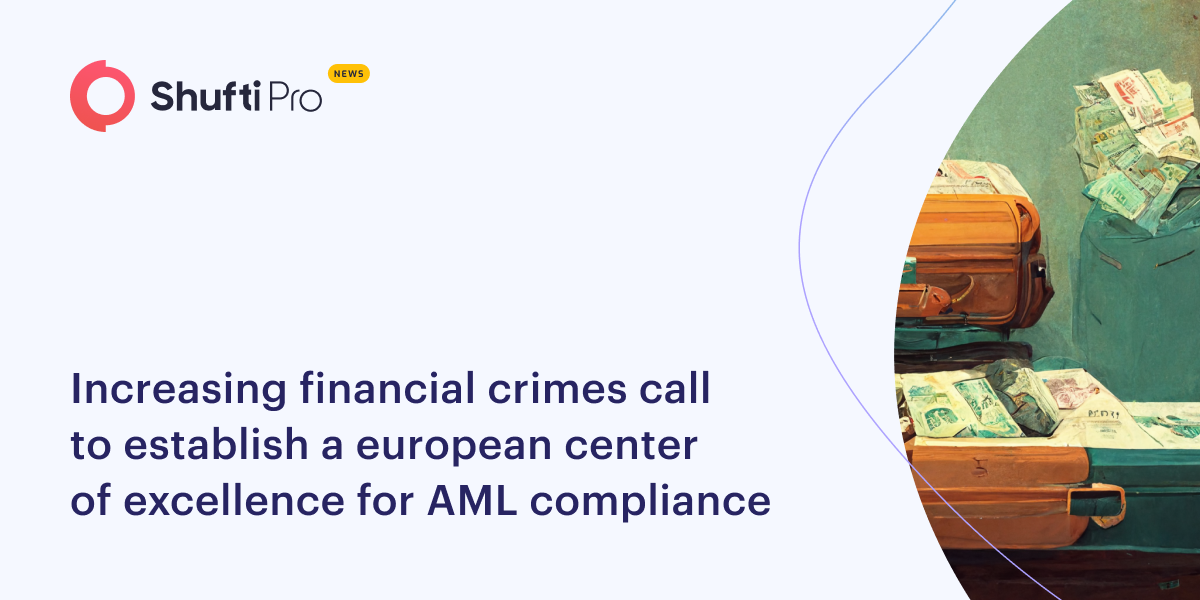 Explore More
Explore More
News
SFC Issues Warning on Unregulated Virtual Asset Platforms
Binance has announced that stock tokens will no longer be available on its website for purchase a...
 Explore More
Explore More
News
ABA House of Delegates Amends the AML Model Rule to Curb Financial Crimes
The House of Delegates amended the ABA Model Rule of Professional Conduct 1.16, which covers decl...
 Explore More
Explore More
News
British Government Prepares Task Force to Halt Financial Crimes
After observing a 70% increase in push-payment fraud, the UK’s government has devised a tas...
 Explore More
Explore More
News
Court Dismisses Appeal in New Zealand’s First Criminal Prosecution Under AML/CFT Act
Court of Appeal dismisses an appeal on 1st July against New Zealand’s first criminal prosecution ...
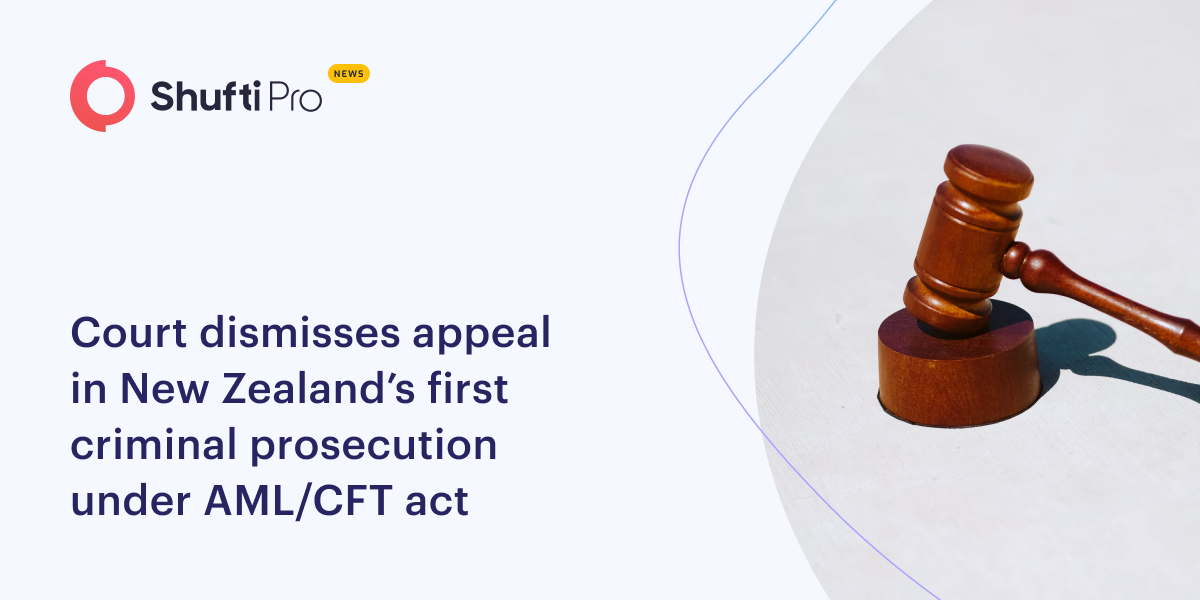 Explore More
Explore More
News
HKMA Reveals Phishing Fraud Went Up by 145% in 2021
Statistics revealed by HKMA show that phishing fraud rose by 145% in the first half of 2021.
Hon...
 Explore More
Explore More
News
Australian Regulators Seeking to Implement Travel Rules for Cryptocurrency
Australia is looking at the laws that would require cryptocurrency providers to record the inform...
 Explore More
Explore More
News
Central banks urged to introduce digital alternatives to cash
According to a recent report from Positive Money, Central banks across the globe should issue a d...
 Explore More
Explore More
News
Hong Kong Licenses Crypto Exchanges, Limiting Services to Professional Investors
Digital currency exchanges in Hong Kong will be obliged to apply for a license prior to offering ...
 Explore More
Explore More
News
Myanmar Promises Improvements after FATF’s Blacklisting
Myanmar’s central bank has made promises of reforms and issued a warning against currency m...
 Explore More
Explore More
News
Czech Republic Ramps Up Efforts to Combat Financial Crimes
According to a Moneyval report, the Czech Republic is showing progress in improving its complianc...
 Explore More
Explore More
News
US Set to Disclose New Real Estate Regulations to Combat Money Laundering
The US Treasury Department is ready to introduce rigid regulations to close security loopholes in...
 Explore More
Explore More
News
Deutsche Bank AG Settles Money Laundering Probe Worth $7.1 Million
Deutsche Bank AG settled a money laundering case of $7.1 million over the probe by Frankfurt pros...
 Explore More
Explore More
News
ProtonMail added an encrypted calendar to its encrypted Gmail competitor
Previous year Google faced a hefty fine of $170 million by the Federal Trade Commission following...
 Explore More
Explore More
News
Nevada Takes Measures to Combat Unemployment Insurance Fraud
District of Nevada’s Office of U.S Attorney has shown concerns about the rise in unemployment ins...
 Explore More
Explore More
News
“Walk the Talk” – RUSI Calls On FATF to Promote Financial Inclusion
RUSI has called out the FATF for not actively promoting financial inclusion as part of its primar...
 Explore More
Explore More
News
Sri Lanka Central Bank to Take Criminal Action Against Suspects of $47 Million Crypto Scam
The Central Bank of Sri Lanka is considering criminally prosecuting operators of a Sports Chain c...
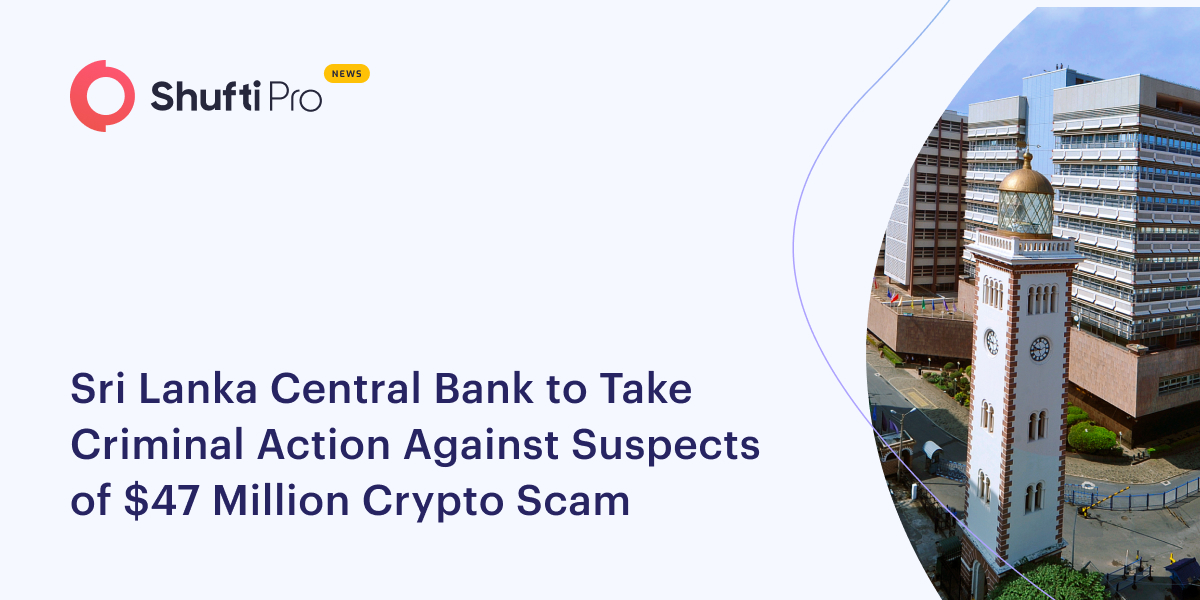 Explore More
Explore More
News
Turkey at Risk of Becoming a Haven for Russian Sanctions
Turkey is facing rising pressure for compliance with sanctions imposed on Russia and to increase ...
 Explore More
Explore More
News
Google Pay Transactions Just Got More Secure
Previously, when you used Google Pay for transactions, it would only ask you to enter your PIN. A...
 Explore More
Explore More
News
NAB and CBA Exposed Over PNG Money Laundering Case
NAB and CBA have been given a “formal warning” instead of criminal charges, as the PNG regulator ...
 Explore More
Explore More
News
Fintech funding dwindles amidst Coronavirus pandemic
Fintech funding reduced at the beginning of 2020 because the COVID-19 outbreak began to hit late ...
 Explore More
Explore More
News
$6.1 Million Seized As US Treasury Sanctions Another Crypto Exchange
The US Department of the Treasury has sanctioned Chatex crypto exchange “for facilitating financi...
 Explore More
Explore More
News
US Seizes 18 Crypto ATMs Bought With Fraudulent Loans
US law enforcement has seized 18 cryptocurrency automated teller machines previously purchased vi...
 Explore More
Explore More
News
CSSF Imposed a €226,000 Fine on Maitland Over AML Compliance Failure
Maitland Luxembourg SA received a penalty of €226,000 over anti-money laundering and customer due...
 Explore More
Explore More
News
Fraudsters Seek Fake COVID Test Reports as New Travel Restrictions Roll Out
As the new travel restrictions are imposed to omit the spread of the coronavirus, the fraudsters ...
 Explore More
Explore More
News
China Announces Anti-foreign Sanctions Law
Under the new law, China has introduced countermeasures against senior managers and actual contro...
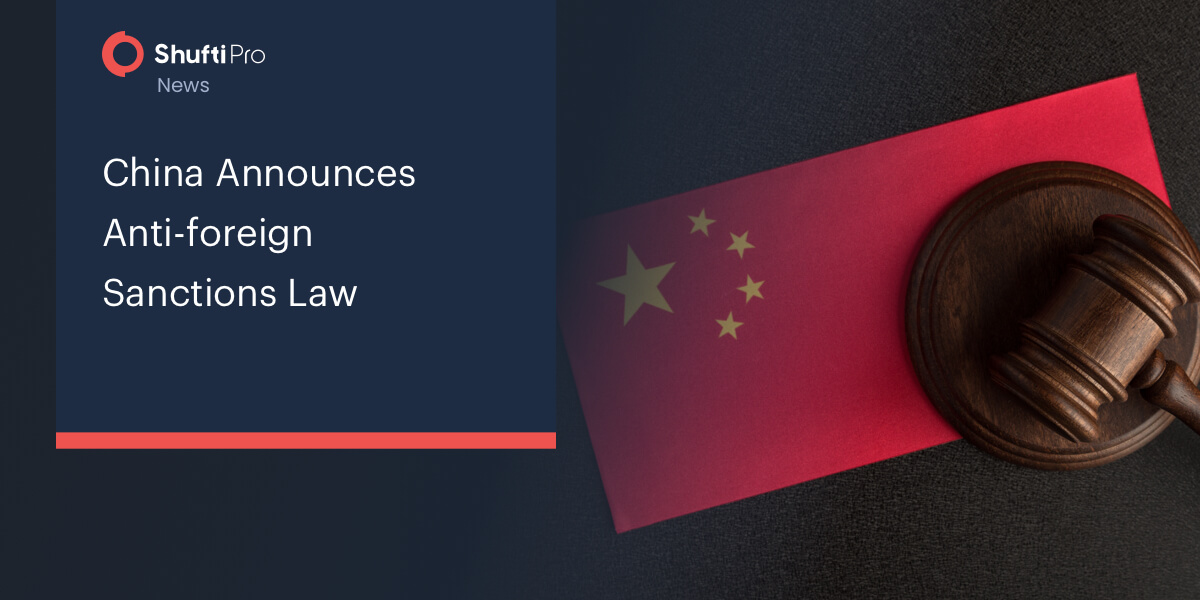 Explore More
Explore More
News
Money Laundering Crackdown on UK Law Firms
The regulators at Solicitor Regulators Authority (SRA) asked 400 law firms earlier this year to p...
 Explore More
Explore More
News
Black Friday Shoppers Alert: Digital Scam Victims Lose an Average of £1,000 Each
Black Friday shoppers have been advised to strengthen their cybersecurity as NFIB revealed that v...
 Explore More
Explore More
News
Face Detection Tool to Fight Bots Under Trial by Facebook
Facebook is currently battling a $35 billion class-action lawsuit for alleged misuse of facial re...
 Explore More
Explore More
News
BC Law Society Holds Honorary Consul of Ukraine Accountable for Failure to Prevent Money Laundering
BC Law Society holds Ukraine’s Honorary Consul accountable for failing to prevent money launderin...
 Explore More
Explore More
News
FCA Issues Report on Progress of Professional Body AML Supervision (OPBAS)
The report has highlighted key areas of improvement, including effective implementation of a risk...
 Explore More
Explore More
News
UAE Court Convicted 13 Indian Nationals and 7 Companies for Money Laundering Offenses
Thirteen Indian nationals and seven companies were charged with money laundering by the Abu Dhabi...
 Explore More
Explore More
News
Cambodia Under FATF’s Tight Monitoring Over Weak AML Measures
Cambodia is under the tight monitoring of FATF over weak AML measures. According to Transparency ...
 Explore More
Explore More
News
FATF to “Gray List” UAE for AML Failings
The Financial Action Task Force (FATF) is considering adding the United Arab Emirates to its gray...
 Explore More
Explore More
News
“Illicit Actors are Turning to E-commerce as a Money Laundering Tool” UAE Central Bank Discloses
The United Arab Emirates central bank sees increased risks of illicit financial flows emerging fr...
 Explore More
Explore More
News
PBOC Issues New Financial Rules to Curb Money Laundering Risks
The People’s Bank of China (PBOC), The China Banking and Insurance Regulatory Commission, a...
 Explore More
Explore More
News
FCA Declares £147m Fine on Credit Suisse for Due Diligence Failings
Credit Suisse was fined £147,190,200 for breaching FCA’s Principle 2 and 3 for Businesses as it f...
 Explore More
Explore More
News
DC lawyers can now accept crypto for legal fees
According to a report by Bloomberg Law, cryptocurrency can now be used to pay for legal services ...
 Explore More
Explore More
News
Blockchain Association States Senator Warren’s Crypto AML Bill is a Threat to the US
The Blockchain Association has raised concerns about the recently proposed Digital Asset Anti-Mon...
 Explore More
Explore More
News
UN Warns of Money Laundering Risks Arising from Mekong Region Casinos
According to the U.N. Office on Drugs and Crime, the bond of China and Thailand with Myanmar is g...
 Explore More
Explore More
News
South Africa Earmarked R265 Million to Get Off FATF’s Greylist
Finance Minister Enoch Godongwana announced on Tuesday that allocating R265 Million is one of sev...
 Explore More
Explore More
News
Cyprus Aligns with EU Regulations by Adopting Strong AML/CFT Measures
Cyprus has established a new digital registry and requires the businesses to identify their true ...
 Explore More
Explore More
News
New Zealand to Update AML/CFT Regulation from 9 July 2021
Among other changes, reporting entities have been directed to conduct customer due diligence on n...
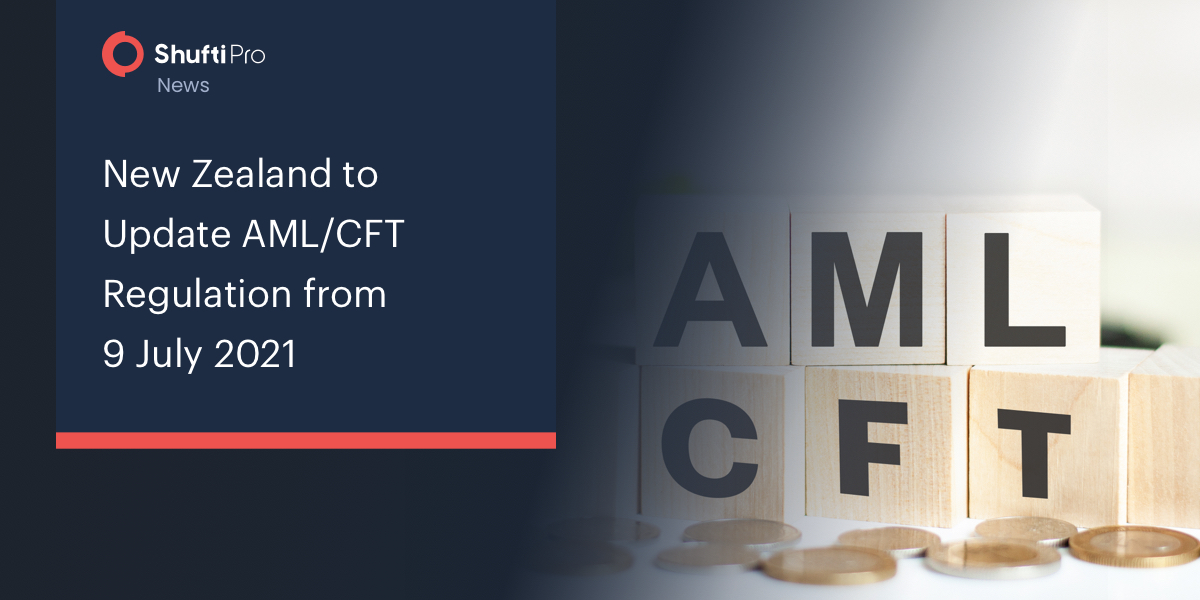 Explore More
Explore More
News
Ransomware attack on insurance MSP Xchanging affects customers
DXC Technology, a global IT solutions provider reported a ransomware attack to the US Exchange Co...
 Explore More
Explore More
News
UAE Authorities to Coordinate Efforts Against ML/TF Among NPOs
The UAE’s Ministry of Community Development and the Financial Intelligence Unit have established ...
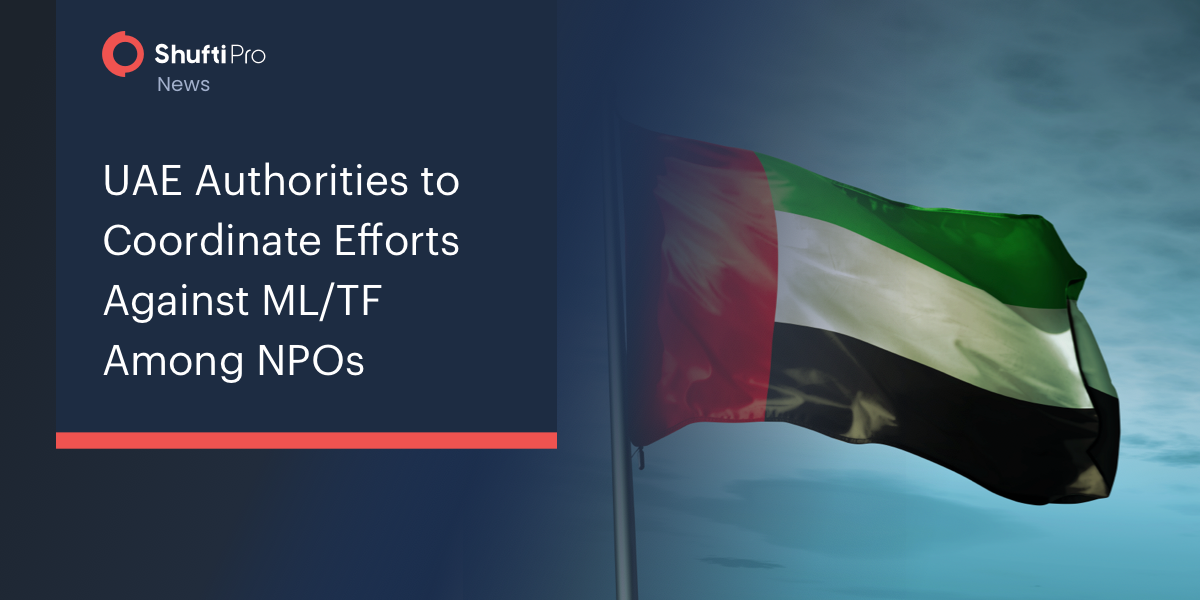 Explore More
Explore More
News
German Law Firm Denies Money Laundering Allegations Against Deutsche ReGas
Hengeler Mueller, a German law firm, investigated the loopholes in the Anti-Money Laundering (AML...
 Explore More
Explore More
News
Cyberattack Prompts Dallas Firefighter and Police Associations to Demand Identity Theft Protection
It has been three weeks since Dallas’ operations were affected by a municipal network outage. Som...
 Explore More
Explore More
News
Hong Kong Police Seizes $65 Million From Triad Controlled Money Laundering Ring
Hong Kong police detained 458 people and seized $65 million in connection with an extensive crim...
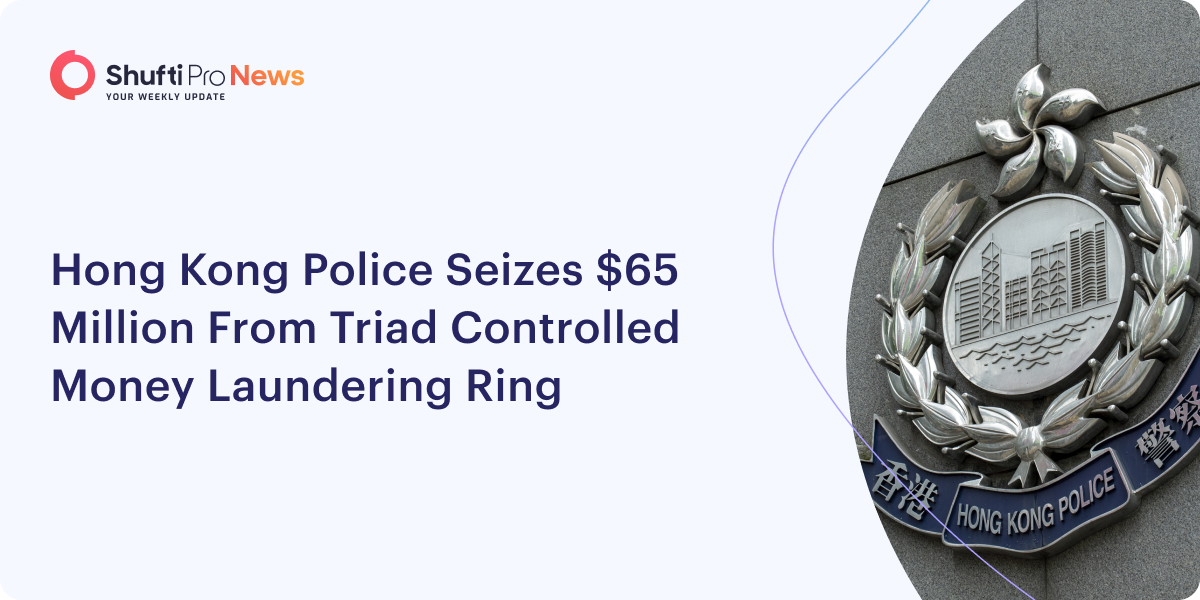 Explore More
Explore More
News
Australian Regulators Oblige Businesses to Report Suspicious Transactions
The Australian regulatory authorities ordered digital businesses to report cyberattacks and suspi...
 Explore More
Explore More
News
Brazilian Police Block Crypto Assets Due to Suspected Fraud
Brazilian police have requested the court to block the virtual assets of suspected digital tradin...
 Explore More
Explore More
News
AUSTRAC Warns Banks Against Closing Accounts of Crypto Traders
AUSTRAC shows full support for the Australian crypto industry and is issuing warnings to banks ag...
 Explore More
Explore More
News
Star Entertainment Group Experiences $1.26B Loss after Money Laundering Investigation
Star Entertainment Group experienced a major loss of $1.26 billion during the first half of 2023,...
 Explore More
Explore More
News
Georgia Ramps Up AML Measures to Combat Financial Crime
A new report released by the Council of Europe’s AML body has highlighted Georgia’s progress in c...
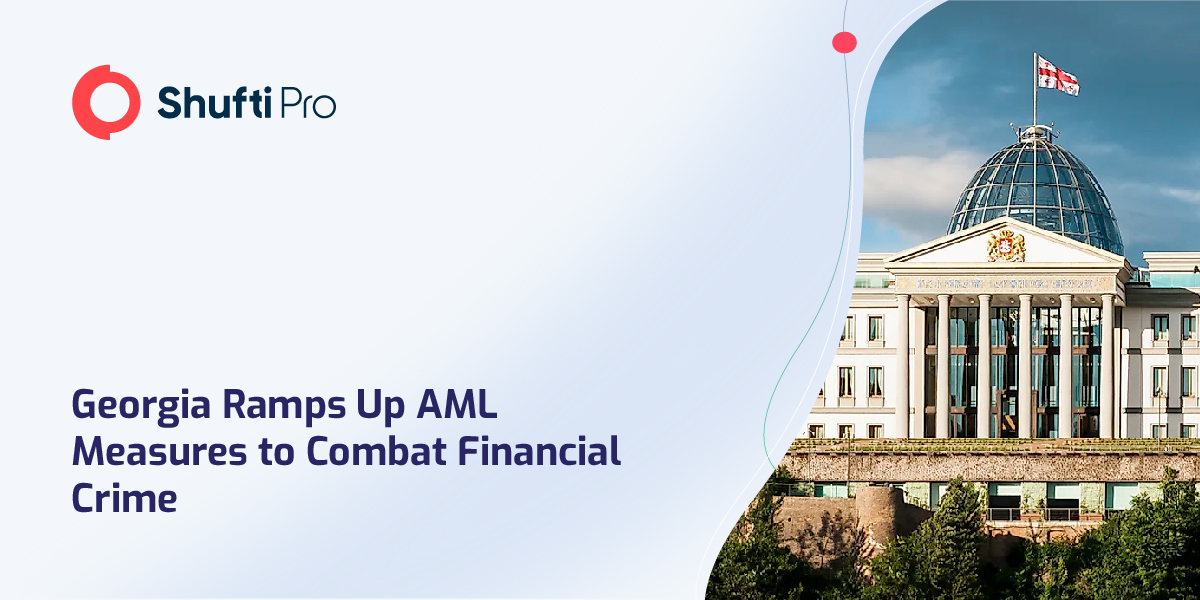 Explore More
Explore More
News
South Africa Anticipates Removal from FATF Gray List in 2025
The South African government is anticipating that they will address all the FATF international st...
 Explore More
Explore More
News
One-third of Finance Firms Have Accelerated Use of AI to Detect Money Laundering
Financial institutions are heavily investing in Artificial Intelligence (AI) and Machine Learning...
 Explore More
Explore More
News
FCA Puts its Foot Down Against Money laundering in Banking Sector
Financial Conduct Authority, FCA, is taking action against money laundering in the banking and fi...
 Explore More
Explore More
News
‘Businesses need to brace for Iranian Cyberattacks’ – warns Homeland Security
The news of the assassination of Iranian military commander, Qaem Soleimani, is all over the medi...
 Explore More
Explore More
News
MAS Imposes Capital Requirements on OCBC for Inadequate Scam Response
Additional capital requirements have been imposed on the OCBC bank by the Monetary Authority of S...
 Explore More
Explore More
News
European Commission Removes Morocco From High-Risk Money Laundering Watchlist
On Wednesday, the European Commission disclosed that Morocco was no longer listed on its high-ris...
 Explore More
Explore More
News
Phishing Scams Spike As Holiday Season 2021 Approaches
64% of the top courier companies have insufficient protection against phishing scams and other fr...
 Explore More
Explore More
News
New York Federal Reserve Sued by Puerto Rican Bank For Blocking Service in Venezuela
A Puerto Rican bank has sued the New York Federal Reserve on 25th July for suspending their acces...
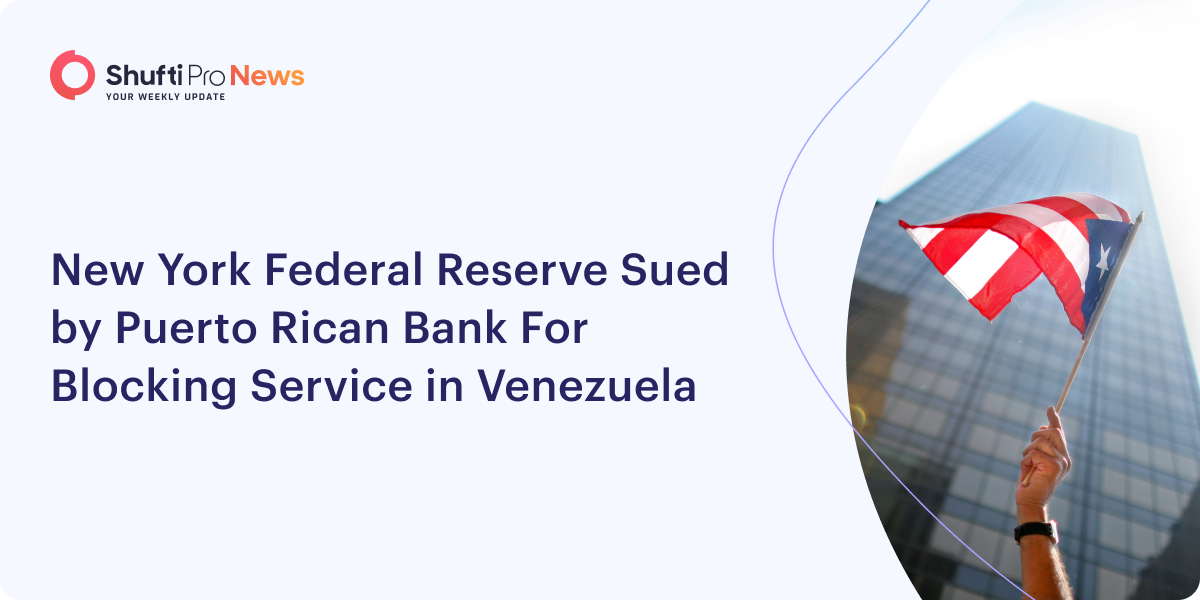 Explore More
Explore More
News
National Treasury of Kenya Urges Companies to Hire Anti-Money Laundering Officers
Kenya’s National Treasury Department forced financial and specified non-financial institutes to o...
 Explore More
Explore More












































































